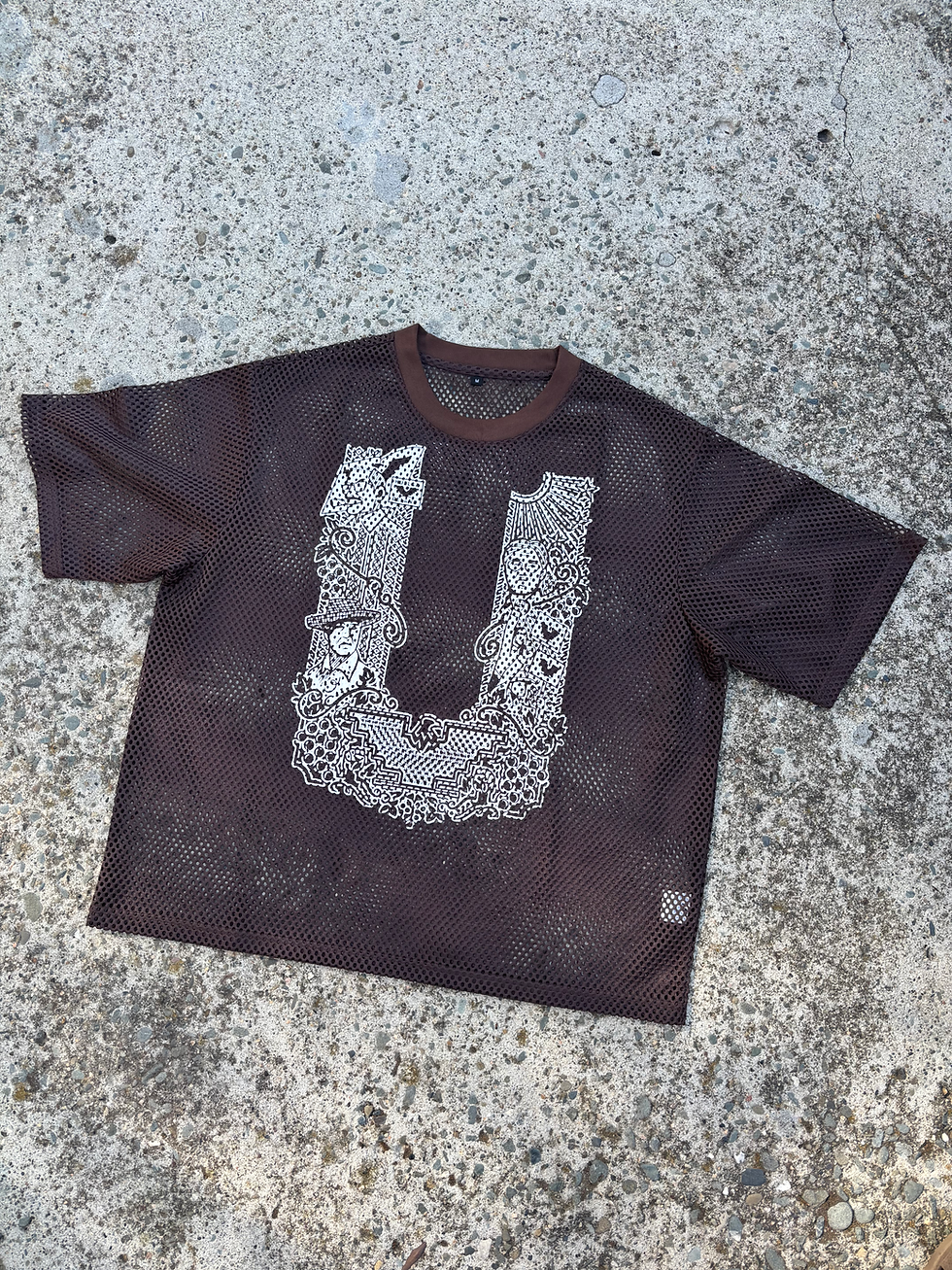ᜇᜒᜈᜓᜄᜓᜀᜈ͓ Kawaii Dinuguan Crewneck
Indulge in the bold flavors of Filipino cuisine with our captivating crewneck showcasing the unique dish, dinuguan. Celebrate the rich culinary heritage of the Philippines with this stylish design that captures the essence of dinuguan's savory and rich pork blood stew, combined with tender cuts of pork, garlic, and aromatic spices. Our kawaii design pays homage to this iconic Filipino comfort food, known for its distinctive taste and cultural significance.
Crafted with comfort and style in mind, this shirt is perfect for food enthusiasts and those who want to showcase their love for Filipino culture. Embrace the taste of the Philippines and wear it proudly. Order your shirt today and let dinuguan's delicious flavors shine!
History
Dinuguan is a Filipino dish that has a rich history and cultural significance in Philippine cuisine. Here's a brief overview of the history of dinuguan:
Indigenous Roots: The origins of dinuguan can be traced back to pre-colonial times when indigenous Filipino communities practiced cooking with locally available ingredients. The dish was traditionally made using pork offal, such as intestines and internal organs, combined with blood as a way to minimize waste and maximize the use of all parts of the animal.
Spanish Influence: During the Spanish colonial period, the dish underwent transformations due to the influence of Spanish cuisine and cooking techniques. The Spanish introduced new ingredients such as vinegar and garlic, which became key components in the evolution of dinuguan. The use of pork blood and vinegar helped preserve the dish, extending its shelf life.
Regional Variations: As dinuguan spread throughout the Philippines, different regions developed their own variations of the dish. Some regions use different types of meats, such as pork or beef, while others incorporate additional ingredients like chili peppers or spices to enhance the flavor profile. Each region's version of dinuguan carries its own unique characteristics and local preferences.
Cultural Significance: Dinuguan holds cultural significance in Filipino cuisine and is often associated with special occasions and gatherings. It is commonly served during festivals and celebrations, including the Filipino tradition of "pulutan," which refers to dishes enjoyed with alcoholic beverages during social gatherings.
Modern Adaptations: In recent years, dinuguan has seen modern adaptations and variations. Some chefs and home cooks experiment with different types of meats, seafood, or even vegetarian alternatives as a base. This allows for a wider range of flavors and options to suit different dietary preferences.
Today, dinuguan continues to be a well-loved Filipino dish, appreciated for its unique taste and cultural significance. Its history reflects the fusion of indigenous practices and Spanish influences that have shaped Filipino cuisine. Dinuguan exemplifies the resourcefulness of Filipino cooking, using ingredients that were traditionally less utilized to create a flavorful and distinct dish.




































